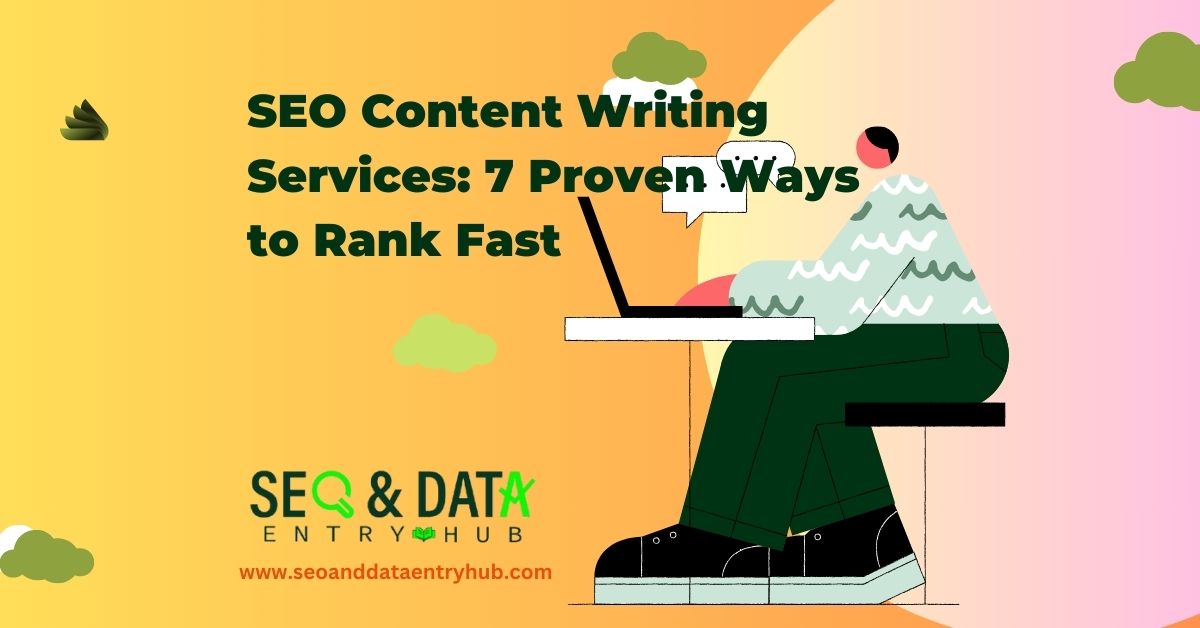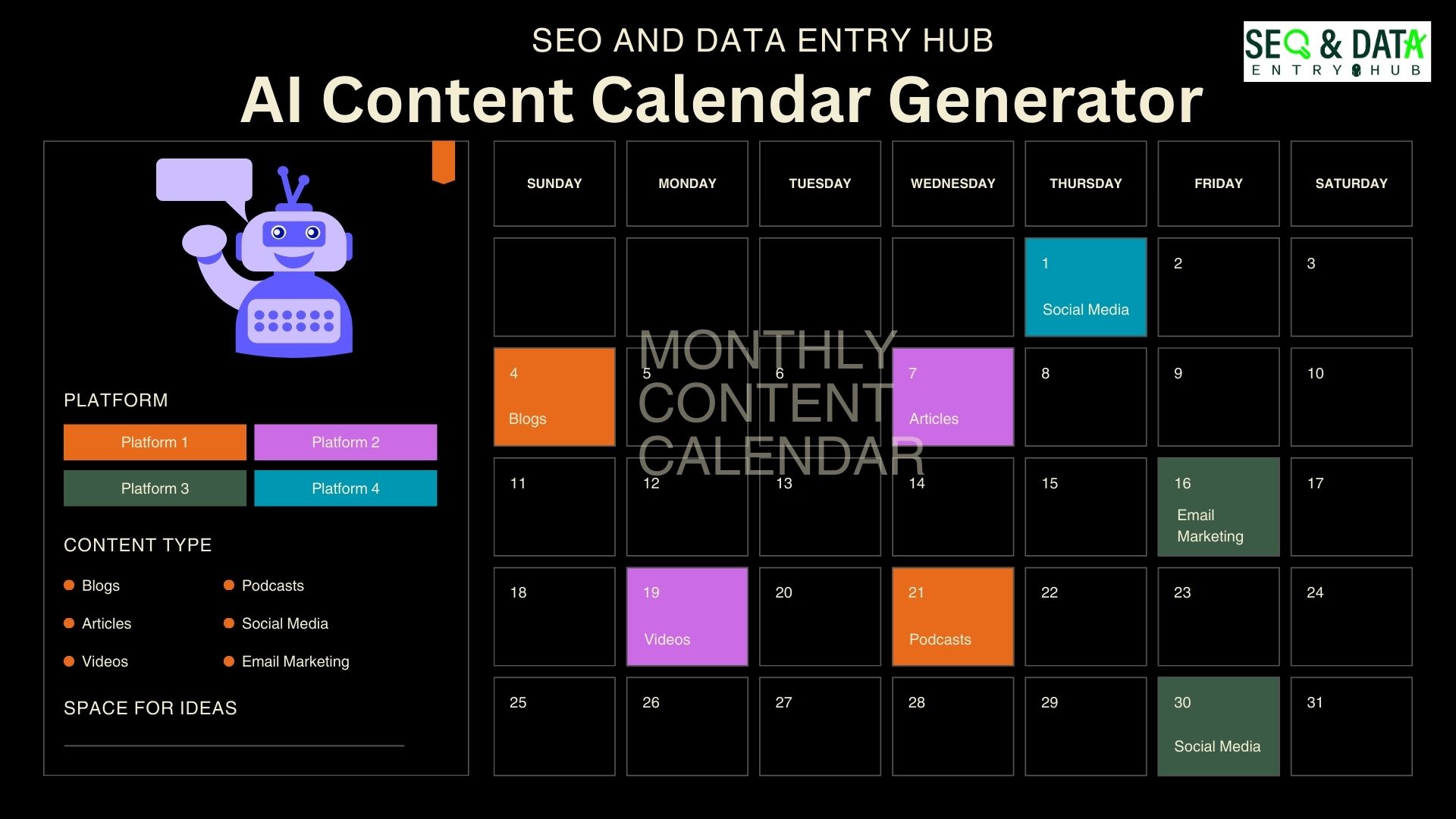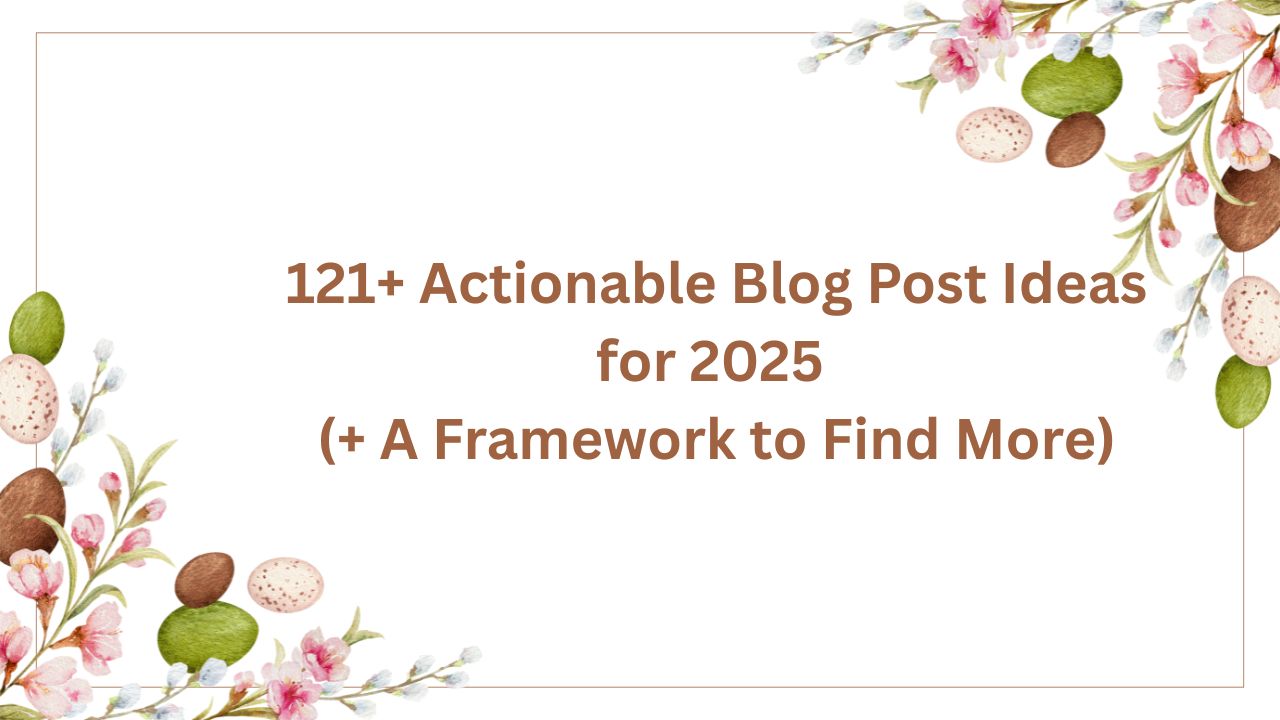
Content producers—have you ever wondered who’s behind the captivating posts, videos, and articles that keep you hooked?
These are the creative individuals who plan, create, and manage the digital content that not only grabs your attention but keeps you coming back for more.
Content developers are at the heart of digital marketing, creating engaging materials that captivate and retain audiences.
According to a report by HubSpot, companies that prioritize content marketing are 13 times more likely to see positive ROI. This statistic highlights the critical role content producers play in today’s digital landscape.
Content producers involve creating various types of content, such as articles, videos, and social media posts, that resonate with the target audience.
Businesses are recognizing the growing demand for digital media producers as they understand the value of high-quality content in boosting traffic and conversions.
Key Takeaways:
- Content producers are essential in today’s digital landscape, driving engagement and building connections through carefully crafted digital content.
- Content production involves a multi-step process, including brainstorming, planning, creating, editing, and publishing, all of which are crucial for producing high-quality, engaging content.
- Different types of content—written, visual, audio, video, and social media—serve unique purposes and are key components of a successful digital marketing strategy.
- The role of a content producer extends beyond creation; it includes content management, strategy development, and performance analysis to ensure that content aligns with brand goals and resonates with the target audience.
- Career opportunities for content producers are vast, with the demand for skilled professionals growing in media, marketing, and corporate sectors, offering both full-time and freelance work options.
(Table of Content) If you have time, please read the entire article or click on your desired section
ToggleStatistical Overview of Content Production
To understand the impact and scope of content production, let’s look at some key statistics in the field.
Graph: Content Production Trends
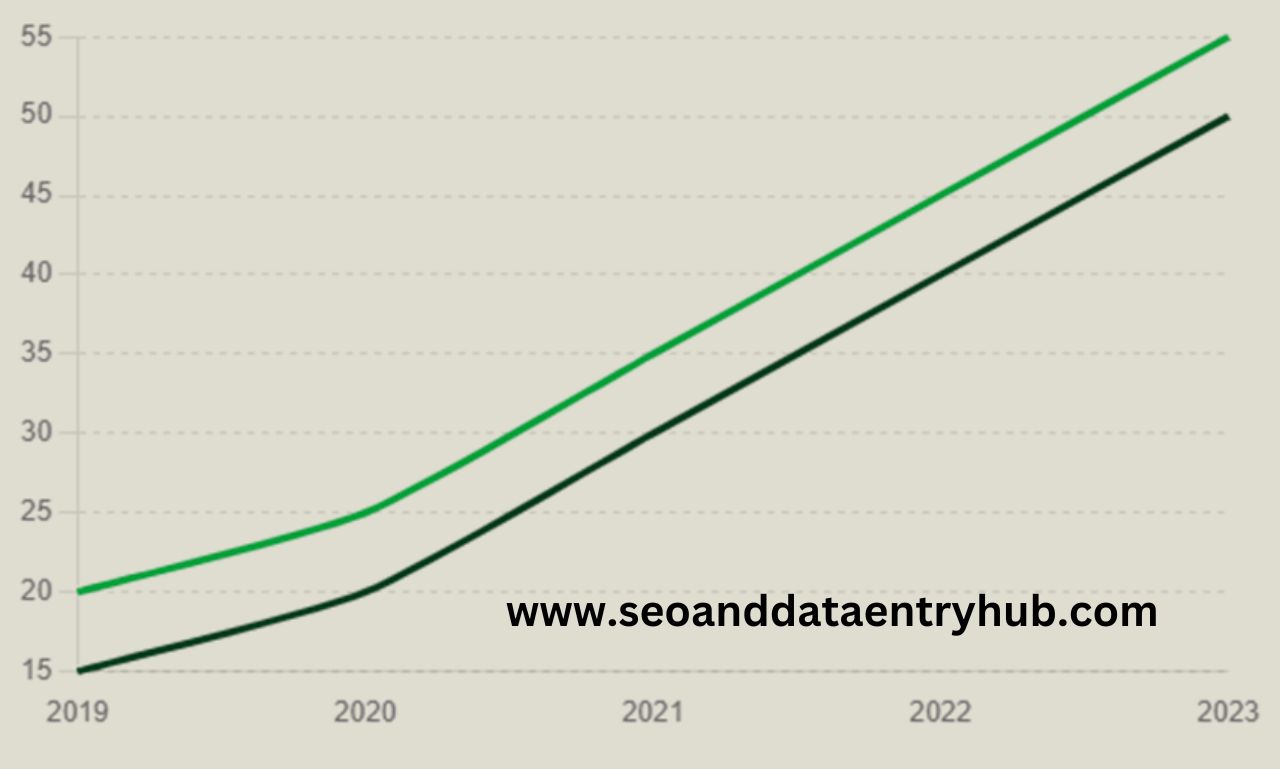
The graph shows the increasing demand for different types of content over the past five years. It highlights the rising importance of video content and social media engagement in digital marketing strategies.
If you ask me what are the reasons behind the increasing trend of content production, the answer is given below in a pie chart:
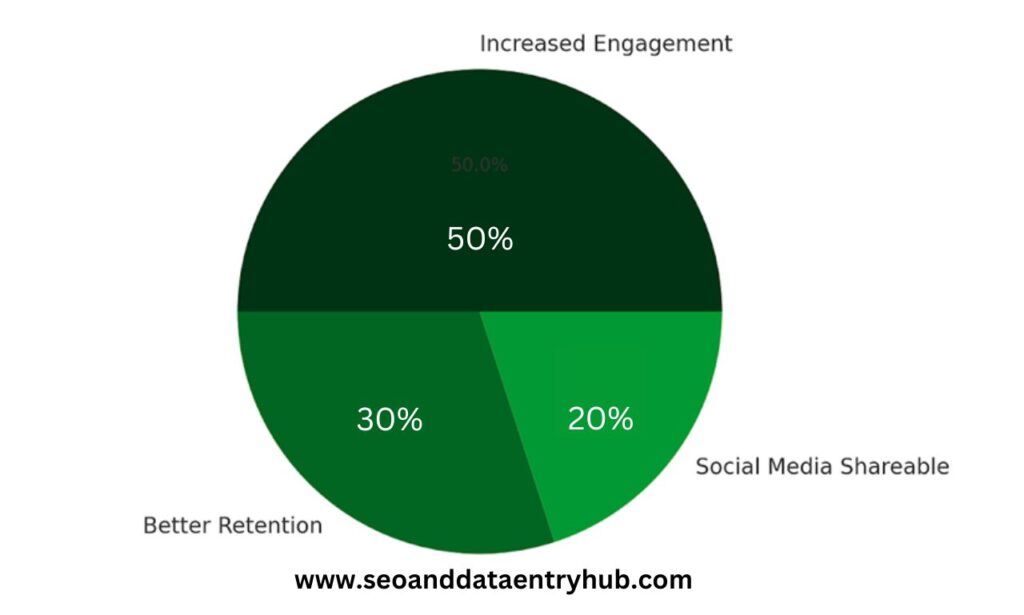
Why Content Producers Matter
In today’s fast-paced digital world, content producers play a crucial role in shaping how brands communicate with their audiences. By crafting stories that resonate and creating content that captivates, they help brands stand out and collect new customers.
But what exactly does a content producer do? Think of them as the directors of digital media—they oversee everything from content creation to content management, ensuring that every piece aligns with the brand’s message and strategy.
If I summarize for you, it looks like below:
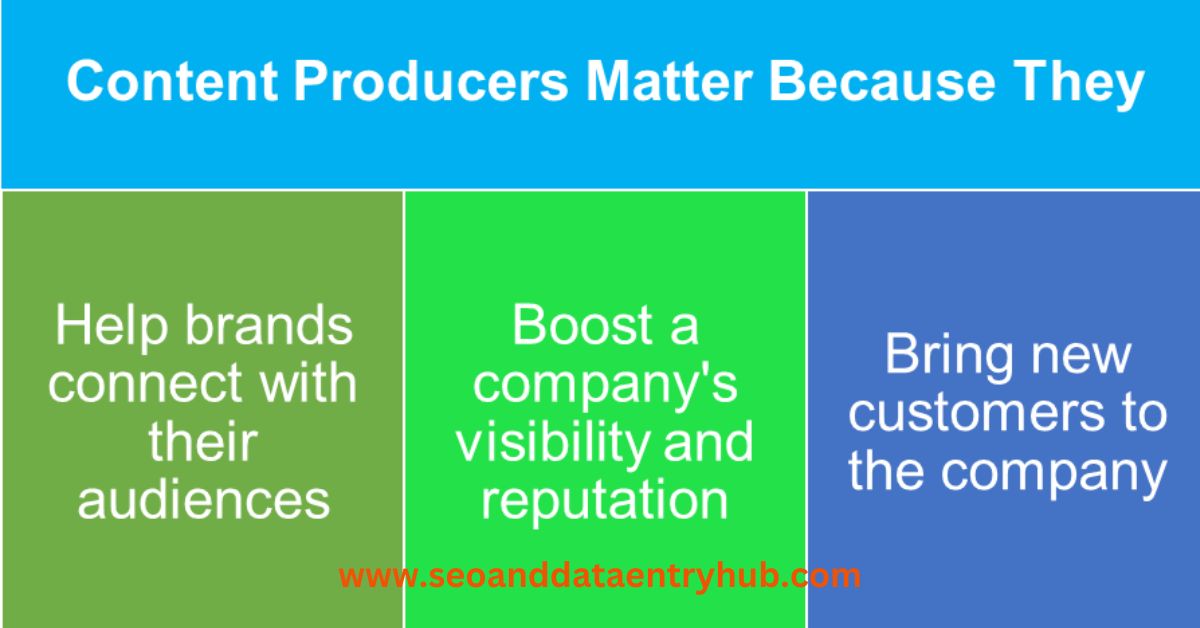
The Evolution of Content Production
The role of content producers has evolved significantly with the rise of digital media. Today’s content creators are focused on more than just writing or editing. They are multifaceted professionals who combine creativity with strategy and analytics.
With the growing importance of digital marketing, the demand for skilled digital content creators continues to rise. Understanding content production is crucial for success, whether you’re pursuing a full-time career as a digital content producer or exploring freelance opportunities.
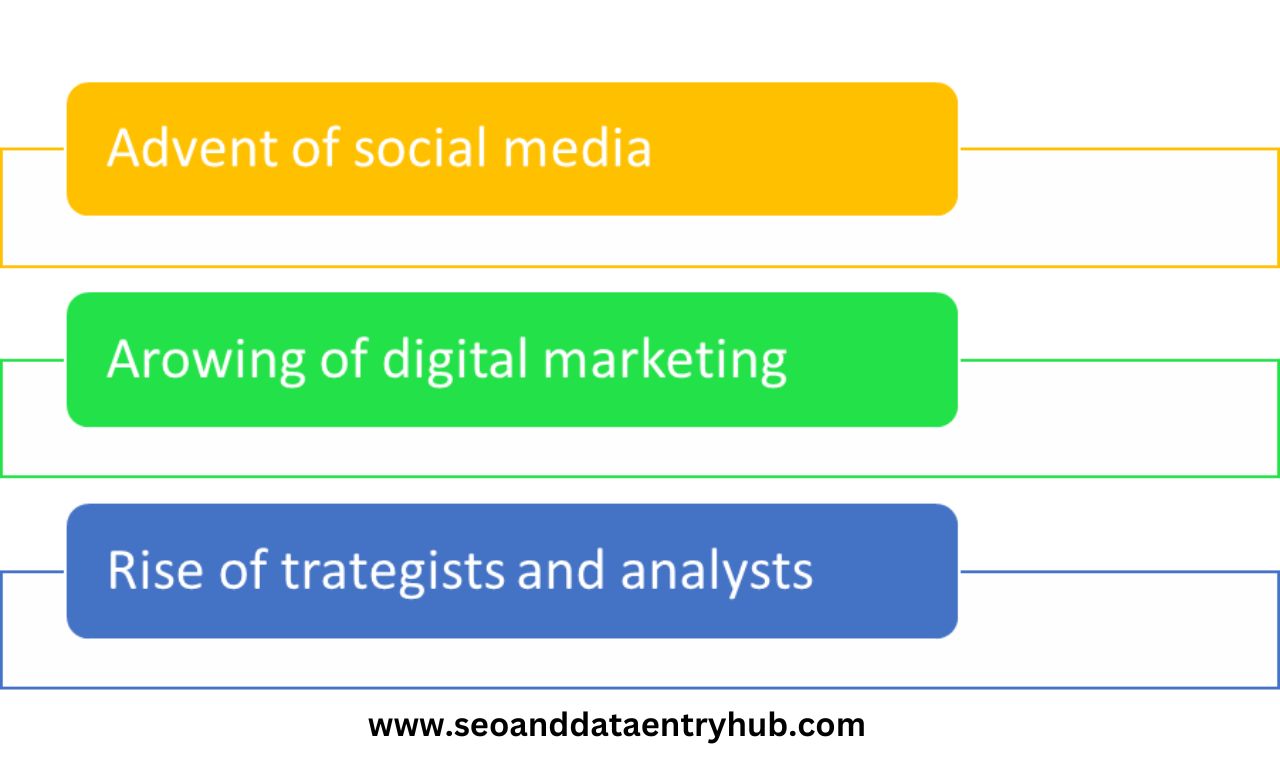
Understanding Content Production
What is Content Production?
Content production is the process of creating, editing, and publishing various types of content to engage an audience. This includes written articles, videos, podcasts, social media posts, and more. Content producers ensure that the material is relevant, informative, and appealing to the target audience.
Define Content Production
Content production involves several stages, from brainstorming ideas to distributing the final product. It requires creativity, strategic planning, and technical skills. Digital content producers use different tools and platforms to craft a content strategy that aligns with the brand’s goals and audience preferences.
Table: Content Production Stages
| Stage | Description |
| Brainstorming | Generating content ideas based on audience interests |
| Planning | Creating a content calendar and strategy |
| Production | Developing the actual content (writing, filming, etc.) |
| Editing | Refining the content for clarity and accuracy |
| Publishing | Distributing the content across various platforms |
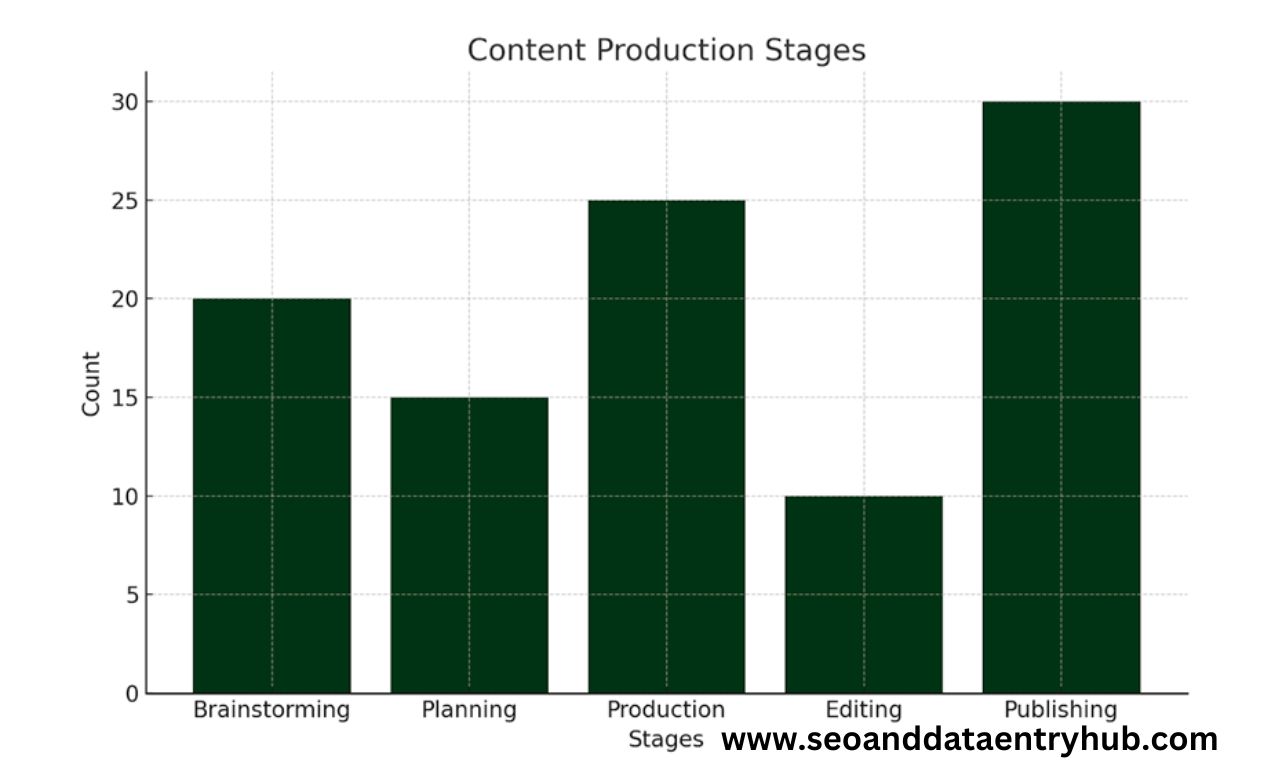
Importance in Digital Marketing
Content production is a cornerstone of digital marketing. High-quality content helps businesses attract and retain customers, build brand awareness, and drive conversions. According to the Content Marketing Institute, 91% of B2B marketers use content marketing to reach customers. Here’s why content production is vital:
Increases Visibility: Regularly updated content improves search engine rankings, making it easier for potential customers to find your business.
Builds Trust and Authority: Informative and valuable content positions your brand as an industry leader, fostering trust with your audience.
Engages Customers: Engaging content keeps your audience interested and encourages interaction, leading to higher customer loyalty.
Drives Conversions: Effective content guides potential customers through the sales funnel, from awareness to decision-making, increasing the likelihood of conversions.
Supports Other Marketing Efforts: Quality content enhances social media campaigns, email marketing, and other digital strategies, creating a cohesive marketing approach.
Types of Content
Understanding the different types of content is essential for effective digital marketing. Key content types include:
Written Content
Written content includes blogs, articles, and e-books. This type builds SEO, provides detailed information, and helps establish authority in your field. Written content should be clear, concise, and valuable to the reader.
Visual Content
Visual content consists of images, infographics, and illustrations. These engage audiences and make complex data more digestible. High-quality visuals enhance brand image and are highly shareable on social media.
Table: Benefits of Visual Content
| Benefit | Description |
| Increased Engagement | Visuals attract more attention and interest |
| Better Retention | People remember visual information better |
| Social Media Shareable | Visual content is more likely to be shared online |
Audio Content
Audio content, such as podcasts and audiobooks, caters to multitasking audiences. It’s ideal for in-depth discussions, interviews, and storytelling. High-quality recording and clear audio are essential for maintaining listener engagement.
Video Content
Video content, such as tutorials, vlogs, and live streams, uses both visual and auditory elements to engage and inform. Videos are perfect for explaining complex topics and capturing the audience’s attention.
Social Media Content
Social media content includes posts, stories, and tweets. It’s crucial for real-time audience engagement and building a brand presence. Consistent posting and interactive content help create a loyal community and boost visibility.
The Role of a Content Producer
A content producer creates and manages digital content across various platforms. They develop, edit, and publish content to engage audiences and support marketing goals. Content strategists often specialize in specific types of content, such as written content, social media, or video content.
Duties and Responsibilities
Content producers plan content strategies, coordinate with writers and designers, manage publishing schedules, and ensure content aligns with brand guidelines.
They also analyze performance metrics to optimize future content. The job scope of a content producer can vary significantly based on the medium they work in, such as news, digital media, or social media.
Table: Duties and Responsibilities of a Content Producer
| Duty | Description |
| Content Strategy | Planning and developing content strategies |
| Coordination | Working with writers, designers, and other creators |
| Publishing | Managing publishing schedules and platforms |
| Performance Analysis | Analyzing metrics to improve future content |
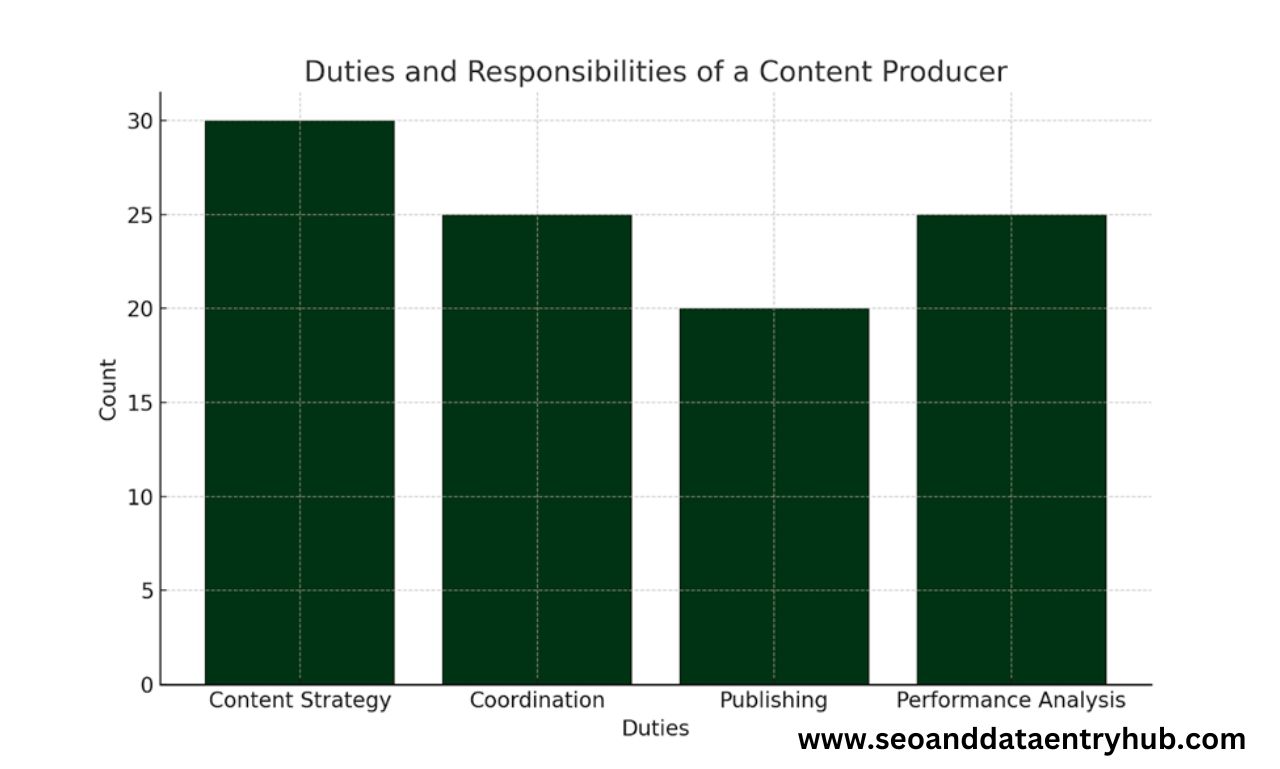
Necessary Skills of Content Producers
To be a successful content producer, a person needs a set of skills. Key skills include strong writing and editing abilities, creativity, proficiency in content management systems (CMS), SEO knowledge, and project management.
Adaptability and effective communication are also crucial. Understanding the responsibilities of a producer is essential for anyone looking to enter this field.
Useful Tools and Technologies
Content producers use tools like WordPress, Adobe Creative Suite, Google Analytics, and social media management platforms. Familiarity with multimedia production software is beneficial. Managing digital content efficiently often requires proficiency in various CMS platforms.
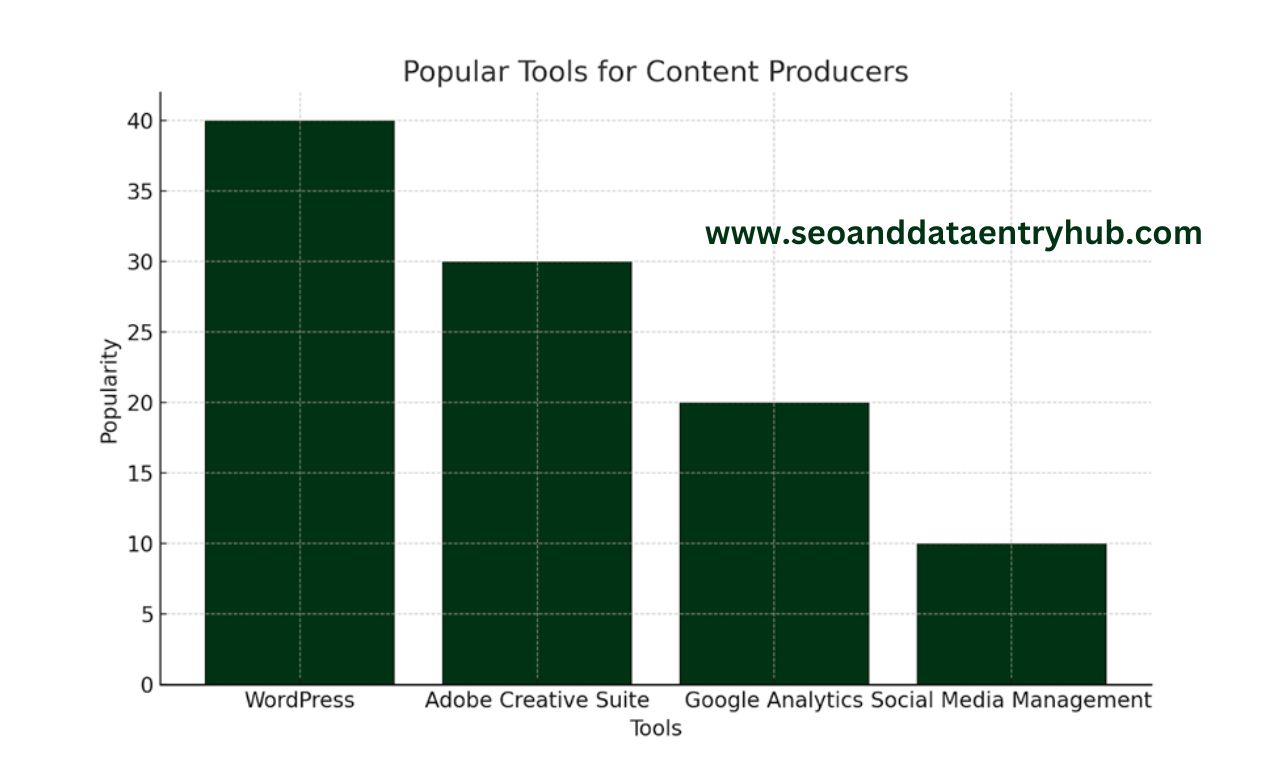
How to become a content producer?
Education and Best Degrees
To become a content producer, a degree in journalism, communications, marketing, or media studies is beneficial. These programs provide foundational skills in writing, multimedia production, and digital marketing.
Best degrees for content creators include those that offer hands-on experience in content creation and digital media.
Building a Portfolio for Content Producers
A strong portfolio is essential for aspiring content producers. Include diverse examples of written articles, videos, infographics, and social media strategies.
Highlight your ability to create engaging, high-quality content across various formats. Showcasing your portfolio on producer websites can enhance your visibility.
Table: Portfolio Content Examples
| Content Type | Example |
| Written Articles | Blogs, news articles, opinion pieces |
| Videos | Tutorials, vlogs, promotional videos |
| Infographics | Data visualizations, process illustrations |
| Social Media Posts | Campaigns, engagement posts, branded content |
Finding Jobs
Content producer jobs are available in media companies, marketing agencies, and corporate sectors. Look for roles that match your skills and interests, and tailor your applications to highlight relevant experience and achievements. Job portals often list positions with titles like digital content producer and creative content producer.
Online Job Portals
Platforms like LinkedIn, Indeed, and Glassdoor list numerous content producer opportunities. Create a professional profile, upload your portfolio, and set job alerts to stay informed about new openings. Regularly checking online job portals can help you stay updated on new job postings.
Networking
Networking is crucial for career growth. Attend industry events, join professional groups, and connect with other content producers on social media. Building relationships can lead to job referrals and collaborative opportunities. Engaging with professional networks helps in finding branded content producer jobs and other related roles.
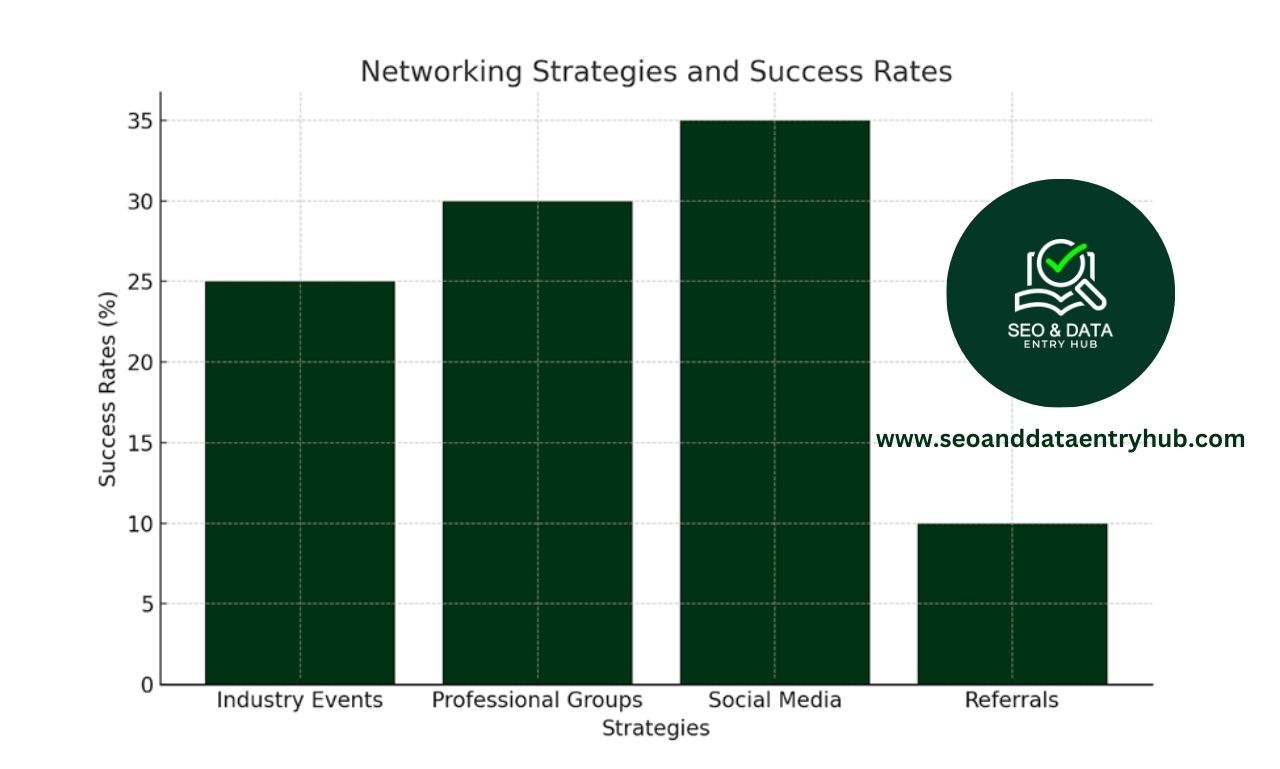
Full-Time vs. Freelance Work
It would help if you decided what your job schedule is. Decide between freelance and full-time work based on your lifestyle and career goals. Freelancers enjoy flexibility and diverse projects, while full-time roles offer stability and benefits. Both paths can lead to a successful career as a content producer.
Salaries and Job Outlook of Content Producers
Salaries vary by experience, location, and industry. The demand for skilled content creators is high, with positive job growth expected in the digital marketing and media sectors. The salary of a digital content producer and the job outlook remain promising as digital marketing continues to grow.
Table: Average Salaries
| Role | Average Salary |
| Junior Content Producer | $40,000 – $50,000 |
| Senior Content Producer | $60,000 – $80,000 |
| Digital Content Producer | $50,000 – $70,000 |
| Marketing Producer | $55,000 – $75,000 |
Content Management and Strategy for Content Producer
Content Creation Process
The content creation process involves several key steps: creativity, planning, production, editing, and publishing. Start by brainstorming ideas aligned with your audience’s interests and your brand’s goals. Create a content calendar to organize and schedule your content.
During production, focus on creating high-quality, engaging content. Once produced, rigorously edit for clarity, accuracy, and SEO. Finally, publish and promote your SEO content across relevant channels.
Table: Content Creation Process Steps
| Step | Description |
| Ideation | Brainstorming content ideas aligned with audience interests and brand goals |
| Planning | Creating a content calendar to organize and schedule content |
| Production | Creating high-quality, engaging content |
| Editing | Reviewing for clarity, accuracy, and SEO |
| Publishing | Distributing content across relevant channels |
Managing Digital Content
Effective content management ensures that your digital content is organized, accessible, and up-to-date. Use content management systems (CMS) like WordPress or HubSpot to streamline the process.
These tools help manage workflows, track content performance, and facilitate collaboration among team members. Regularly review and update your content to keep it relevant and valuable to your audience.
Strategies for Effective Content Production
Successful content production requires a well-thought-out strategy. Begin by understanding your target audience’s needs and preferences. Use data and analytics to inform your content decisions.
Create a mix of content types to cater to different audience segments. Remember to publish content regularly to keep engagement high. Consistency is key.
Additionally, repurpose existing content to maximize its value and reach. Always measure your content’s performance and adjust your strategy based on insights gained from analytics. This approach ensures continuous improvement and sustained audience engagement.
Case Studies and Examples of Content Producers
Successful Content Producers
Successful Content developers often combine creativity, strategy, and technology. For instance, Gary Vaynerchuk, a prominent entrepreneur and digital marketer, has built a significant online presence through consistent, high-quality SEO content across multiple platforms. His approach emphasizes authenticity, audience engagement, and leveraging trends.
Notable Content Production Companies
Several companies have made a mark in the content production landscape. BuzzFeed, for example, is known for its viral content and innovative use of data to drive engagement. They produce a variety of content types, including articles, videos, and quizzes, tailored to their audience’s preferences.
Another notable example is Red Bull Media House, which has transformed a beverage brand into a media powerhouse, producing extreme sports content that aligns with its brand image.
Innovative Content Production Strategies
Creating standout content requires innovative strategies from brands.
Coca-Cola’s “Content 2020” approach focuses on crafting engaging stories that connect with consumers emotionally. This strategy has resulted in successful campaigns like “Share a Coke,” which personalized the brand experience by featuring individual names on bottles.
Netflix relies on data-driven content creation, using viewer data to tailor shows and movies to audience preferences, leading to hits like “Stranger Things” and “The Crown.”
These examples underscore the importance of creativity, understanding the audience, and strategic planning in content production.
Aspiring content creators can gain valuable insights and inspiration for their strategies by studying successful content producers and companies.
Frequently Asked Questions (FAQ) for Content Producers
What Does a Content Producer Do?
A content producer creates, manages, and publishes digital content. They work on various platforms, including blogs, social media, and video channels, to engage and grow their audience.
What Skills Are Needed to Be a Content Producer?
Key skills include writing, editing, creativity, SEO content knowledge, and proficiency in content management systems. Effective communication and project management skills are also crucial.
What Are the Career Opportunities for Multimedia Creators?
Multimedia creators can work in various industries, such as media, advertising, and corporate sectors. Career paths include roles like digital content producer, marketing producer, and digital marketing director.
How Do I Start a Career in Content Production?
Start by gaining a relevant degree, building a strong portfolio, and networking with industry professionals. Look for job opportunities on online job portals and attend industry events to build connections.
What Is the Difference Between Full-Time and Freelance Content Producers?
Full-time content producers have stable employment with benefits, while freelancers enjoy flexibility and diverse projects. Both paths offer unique challenges and opportunities for growth.
What are media content producers?
Media creators create, manage, and distribute content like videos, articles, and podcasts. They work across various platforms, including TV, radio, and online.
Is a content producer a journalist?
Not necessarily. A content producer creates a variety of content, while a journalist focuses on reporting news and facts.
What degree do you need to be a content producer?
A degree in communications, journalism, or media studies is often beneficial, but experience and a strong portfolio are also important.
What is a content producer?
A content producer is someone who creates and manages digital and multimedia content for various platforms to engage audiences.
What does content production do?
Content production involves planning, creating, and distributing content to inform, entertain, or engage an audience.
What is the difference between a content producer and copywriter?
A content producer creates various media, including videos and podcasts, while a copywriter focuses on writing text for ads, articles, and other written materials.
What is a web content producer?
A web content producer creates and manages digital content specifically for websites, including articles, videos, and graphics.
What does a web content producer do?
A web content producer develops, edits, and publishes content on websites, ensuring it is engaging, accurate, and SEO-friendly.
What is a social media content producer?
A social media content producer creates and manages content for social media platforms to engage and grow an audience.
What is a visual content producer?
A visual content producer creates visual media, such as videos, graphics, and images, to convey messages and engage audiences.
Conclusion
In this guide, we explored the various types of content, the role of content producers, and effective strategies for content management.
We covered essential aspects such as written, visual, audio, video, and social media content. We also discussed the job description, skills, and tools used by creative producers, as well as career paths and the benefits of full-time versus freelance work.
To become a successful content producer, focus on gaining relevant education, building a strong portfolio, and utilizing online job portals and networking opportunities.
Effective content management involves a clear creation process and strategic planning. By learning from successful Content managers and companies, you can innovate and excel in your content production efforts.
If you’re eager to advance your content production career, subscribe to industry newsletters, join professional groups, and follow leading content producers.
For more personalized advice or information, feel free to contact us. Stay connected and continue to refine your skills in digital content.
References:
Meng, J., Zhao, H., & With Contribution from: Yuche Wu. (2023). Transforming the Role of Audio-Visual Content Producers in a Videolised Society. In Videolised Society (pp. 153-168). Singapore: Springer Nature Singapore. https://link.springer.com/chapter/10.1007/978-981-99-6419-2_11
Darren, Connolly. (2024). Valuing co-operation: motivation and reward for producers of education platform content. doi: 10.7190/shu-thesis-00616. https://shura.shu.ac.uk/33824/
Daniel, G., Tracy. (2017). Libraries as Content Producers: How Library Publishing Services Address the Reading Experience. College & Research Libraries, doi: 10.5860/CRL.78.2.219. https://crl.acrl.org/index.php/crl/article/view/16583
Christine, Greenhow. (2010). Youth as content producers in a niche social network site.. New Directions for Youth Development, doi: 10.1002/YD.375. https://onlinelibrary.wiley.com/doi/abs/10.1002/yd.375
Helder, Castro., Artur, P., Alves., Carlos, Serrão., Brett, Caraway. (2010). (19) A New Paradigm for Content Producers. IEEE MultiMedia, doi: 10.1109/MMUL.2010.26. https://ieeexplore.ieee.org/abstract/document/5471683
Author’s Bio
I hold a Master’s degree in History from the University of Dhaka, Bangladesh, and in Anthropology from the University of Heidelberg, Germany. With years of research experience in health, I have transitioned into a passionate Content Writer, AI Content Editor, SEO Specialist, and Data Operator.
Since 2012, I have served Fabrics World USA as a Content Creator and SEO Specialist. My goal is to ensure my clients are 100% satisfied, both in profitability and company growth. Combining my education and experience, I prioritize benefiting my customers.
My research tenure at Heidelberg University and BRAC University enhanced my analytical skills and understanding of human behavior, which I continuously apply to my work.
To get our services:
🚀 https://www.fiverr.com/data_entry_80
🚀 SEO: https://seoanddataentryhub.com/services-and-pricing/
🚀 Content Writing Strategy and Creative Content Writing: https://seoanddataentryhub.com/contact-us/
You can Visit Our Social Pages:
✅ LinkedIn:
https://www.linkedin.com/in/salauddin-writer-seo-dataentry/
✅Facebook:
https://www.facebook.com/profile.php?id=61557149480263
✅ Instagram:
https://www.instagram.com/seoanddataentry/
✅ Twitter:
https://x.com/SalauddinB1980/
✅ Pinterest:
Link: https://www.pinterest.com/seoanddataentryhub/
✅ YouTube:
URL: https://www.youtube.com/channel/UCCP5sGmyvOw4fuyDkZVO_Sg


